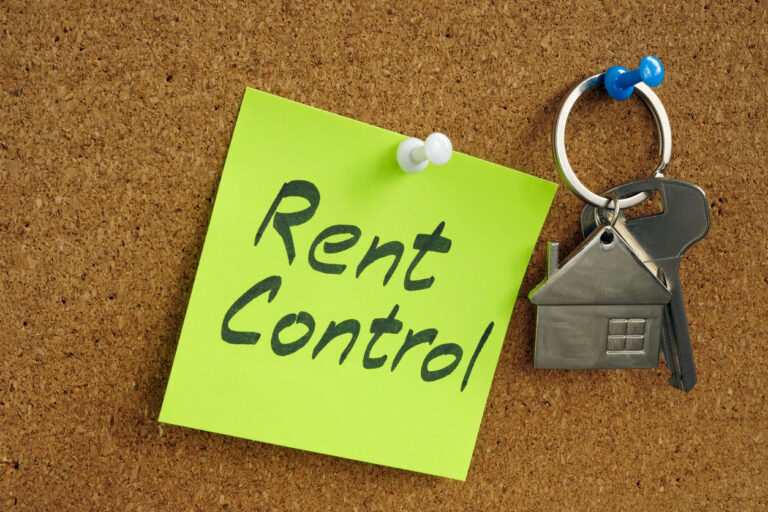Enforced by the office of the rent commissioner, the purpose of the rent control system in Bermuda is to “protect the welfare of the community from unreasonable rent increases and unlawful eviction, and to educate the public on the rights and responsibilities of landlords and tenants under the law”.
But which properties are subject to rent control? How are the rents determined? And what are your rights if you are a landlord of, or a tenant in, a rent-controlled property?
We spoke to the Department of Consumer Affairs to get the answers.
RENT CONTROLLED PROPERTIES
All residential properties with an average rental value (ARV) of $22,800, that are not owner-occupied, are subject to rent control. ARV levels are released every five years, after which, the rent control threshold could be adjusted in order to maintain the number at 53 percent, which equates to 17,061 units.
RENT CONTROL ENFORCEMENT
The office of the rent commissioner regulates by how much and how often rent can be increased. It also protects tenants from unlawful eviction, limits how much a landlord can charge for a rental deposit, hears and rules on undesirable tenant cases, institutes court proceedings against anyone who contravenes the law, and adjudicates appeals tribunals.
RENT SETTING AND INCREASE CONTROLS
Where a rent-controlled property is new to the market, a number of factors are examined to determine what the registered rent will be, including a historical search of the property status. Once established, any subsequent increase must be sought from, and approved by, the rent commissioner. This can be done by submitting an RC7 form if they have no residing tenant, or an RC8 if they do.
On the application form, the landlord must include what the approved rent is, and what they would like it to be increased to. There is no guarantee, however, that what is asked for is what will be approved. There will be an inspection, a report, and a recommendation from the enforcement officer, all of which is reviewed by the rent commissioner.
In any event, the landlord cannot increase the rent until an existing lease is up, at which point, if they need to, the tenant has an opportunity to negotiate a more affordable rent. The landlord however, is within their rights to increase the rent up to the amount granted by the rent commissioner.
EVICTION: LANDLORD AND TENANT RIGHTS
Should a landlord wish to evict a tenant from a rent-controlled property, there is a strict set of criteria for doing so. A landlord cannot evict a tenant unless they get a possession order from the court, and the grounds for giving a tenant a notice-to-quit include:
• A tenant being in breach of the tenancy agreement.
• The landlord requires possession of the premises for themselves, their father, mother or any child or grandchild of theirs over the age of eighteen years or married.
• The landlord requires possession of the premises for the purpose of rebuilding them or carrying out major renovations.
• A tenant is ‘undesirable’. Examples of undesirable tenants include those that are using the premises for illegal purposes, persistently allowing people of bad character on the premises, or are causing unnecessary annoyance, disturbance, inconvenience or damage to the landlord, or their property.
If a tenant in a rent-controlled property does not want to leave, or believes they are being wrongly evicted, they should go to the office of Consumer Affairs with the ‘notice to quit’ where an officer will investigate and advise accordingly.
For more detailed information about rent control and your rights as a tenant or landlord, please visit the Consumer Affairs website: www.consumeraffairs.bm.

